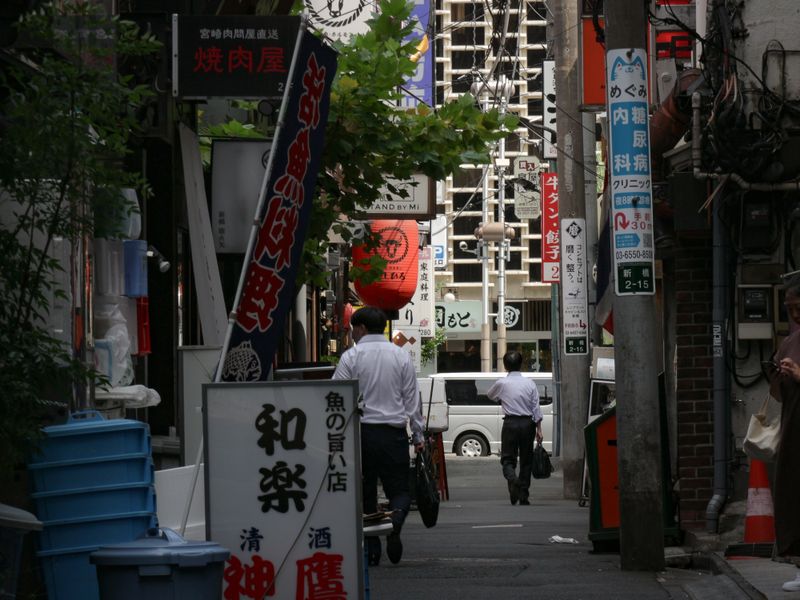Aug 20, 2024
Monthly okozukai "pocket money" down among Japan's company workers

Workers in Japan saw their monthly pocket money decrease in 2024 to an average of around 39,000 yen among male workers and 35,000 yen among females, according to a recent survey.
The results of the latest annual pocket money, or “okozukai,” survey carried out by SBI Shinsei Bank showed male company workers in Japan to be out of pocket 1,477 yen each month in 2024 compared to the previous year, bringing their average monthly pocket money down to 39,081 yen. Female workers fared better, seeing a decrease of just 80 yen to bring their average monthly pocket money down to 34,921 yen.
Male workers in their 20s had their pockets hardest hit, according to the survey. Pocket money which averaged over 45,000 yen per month in 2023 dropped to just over 40,000 yen per month for the age group in 2024. Male workers in their 50s on the other hand saw their pocket money increase to over 43,000 yen per month from less than 40,000 yen the previous year.
Among female workers the hardest hit were those in their 40s with their average monthly pocket money dropping from over 35,000 yen per month in 2023 to just over 31,000 yen in 2024. Going in the other direction, those in their 30s enjoyed an increase from less than 35,000 yen in 2023 to over 39,000 yen in 2024.
The highest average monthly pocket money enjoyed among workers in Japan since the survey began in 2010 was 41,910 yen for male workers the same year. The highest for female workers was 36,712 yen in 2014, the year the survey began targeting females.
In the SBI Shinsei Bank survey, respondents were asked to consider lunch money as part of their monthly okozukai.
Average daily spending on lunch among male workers increased to 709 yen in 2024, up by 85 yen from the previous year. It is the first time for average spending on lunch to top 700 yen since the survey began. Spending was highest among those workers in their 30s, at a daily average of 749 yen. Spending remained largely unchanged among female workers at 694 yen a day.
A packed lunch or homemade bento were the most popular types of lunch among the respondents, accounting for 53.5 percent and 36.7 percent of females and males respectively.
The culture of after-work drinking parties in Japan where alcohol is used to fuel nomication or nominication - from “nomu” (to drink) and “communication” - between superiors and subordinates has come under scrutiny in recent years amid concerns that the practice borders on a form of harassment. But workers still like to enjoy a drink after hours - 71.0 percent of male respondents and 58.7 percent of female respondents - according to the survey. This includes enjoying a drink at home, however.
Respondents went out for a drink after work an average of around twice a month. They appear to have made it count each time though, with spending on an after-work drinking session averaging 13,533 yen among males and 9,791 yen among females.
The survey, carried out online in April, targeted company workers, or “kaishain,” including full-time employees, contract employees, and temporary staff, as well as part time workers, receiving over 2,700 responses.
Household income among the respondents was deemed to be high by the survey creators if it was over 5 million yen per annum. Below this was deemed to be low.
Asked how daily life over the last year had been felt in terms of okozukai, the largest percentage of male respondents (32.0 percent) were those from high income households who said they had been comfortable with their pocket money. Among female workers, the most common response came from those in low incomes households who said they had struggled over the last year, at 31.9 percent.



0 Comments